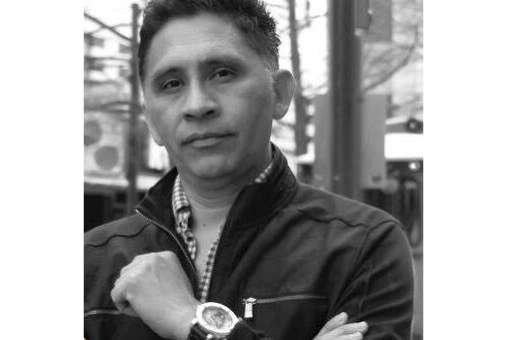
A Salvadoran journalist who has been in detention in the U.S. for almost eight months received a temporary stay of removal while an Atlanta court considers his appeal.

Communicators threatened for doing their work were officially included in the protection program for human rights defenders of Brazil’s Ministry of Human Rights (MDH, for its initials in Portuguese).
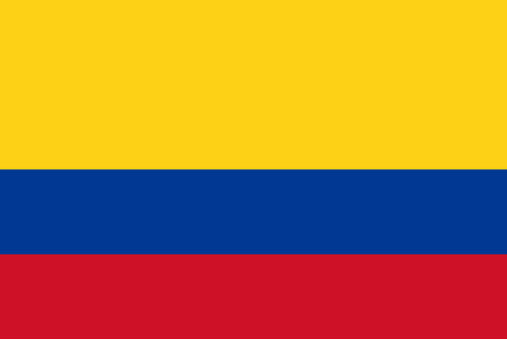
Colombia’s Foundation for Press Freedom (FLIP, for its acronym in Spanish) called on the Attorney General and the Ministry of the Interior to promptly investigate recent death threats made against journalists in early September. These threats were made by an alleged paramilitary group Águilas Negras.
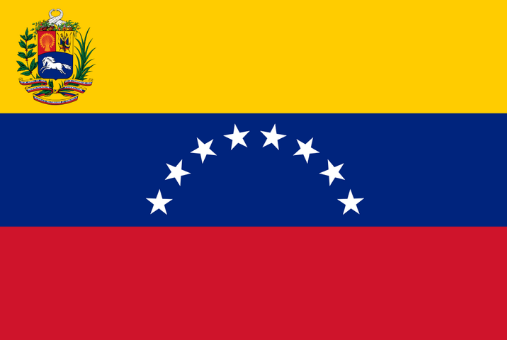
Venezuelan journalists work in an environment often characterized by threats, economic precariousness, limited resources and few job opportunities
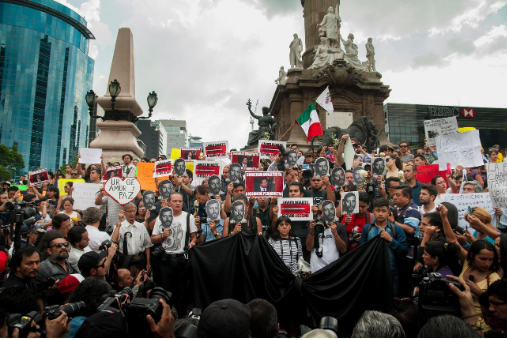
The Protection Mechanism for Human Rights Defenders and Journalists will run out of funding at the end of September, mobilizing press advocates to demand the federal government guarantee resources for the program to continue.
In Colombia, civil society has made a series of appeals to the State to stop the wave of attacks and threats against journalists and social leaders that has been taking place with increasing intensity over the last four years, according to the Foundation for Press Freedom (FLIP, for its acronym in Spanish).
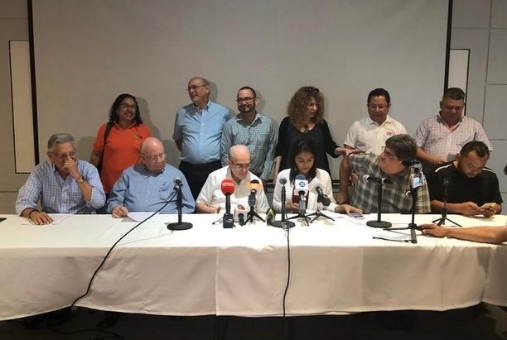
As attacks against journalists in Nicaragua grow after months of protest, independent journalists in the country are calling for freedom to carry out their work. They are also expressing hope in the international organizations on the ground that are working to curb violence in the Central American nation.
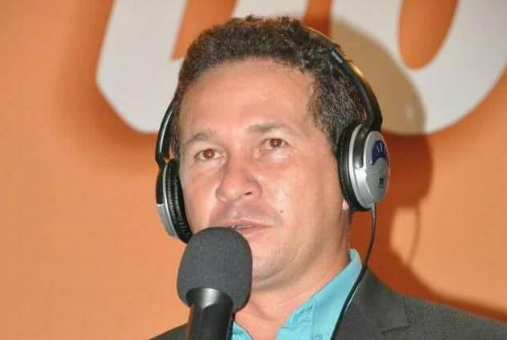
Radio journalist Jairo Sousa was killed while arriving at Rádio Pérola FM in the northern state of Pára in the early morning of June 21. He was going to host his program “Show da Peróla.”
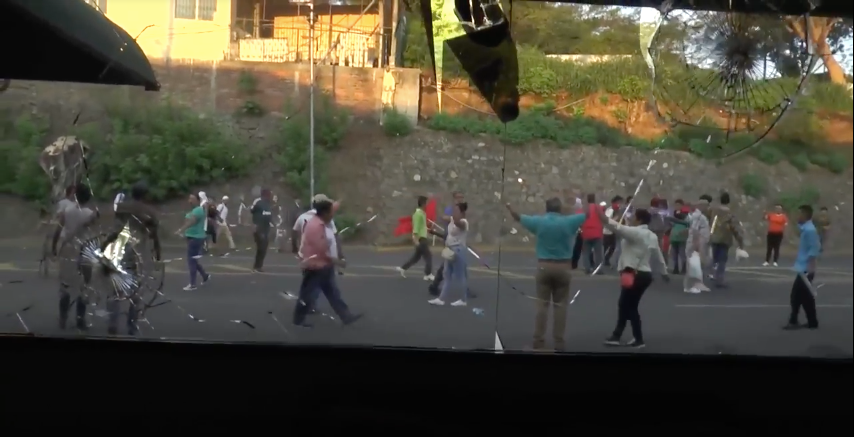
While reporters don helmets to cover violent protests in Nicaragua, human rights and press organizations are calling on the international community to pay attention to attacks on journalists and news media amidst protests against the government of President Daniel Ortega.
After four journalists from investigative journalism site Armando.info left Venezuela due to a looming defamation lawsuit, an important group of journalists and organizations that defend freedom of expression and the press throughout Latin America have signed a statement warning about the serious deterioration of the conditions facing the Venezuelan press.
Mexican blogger Pamela Montenegro was shot to death on Feb. 5 in a restaurant in Acapulco.
Raúl Velázquez, Cuban executive director of the Cuban Institute for Freedom of Expression and of the Press (ICLEP, for its initials in Spanish), has been missing for six days.